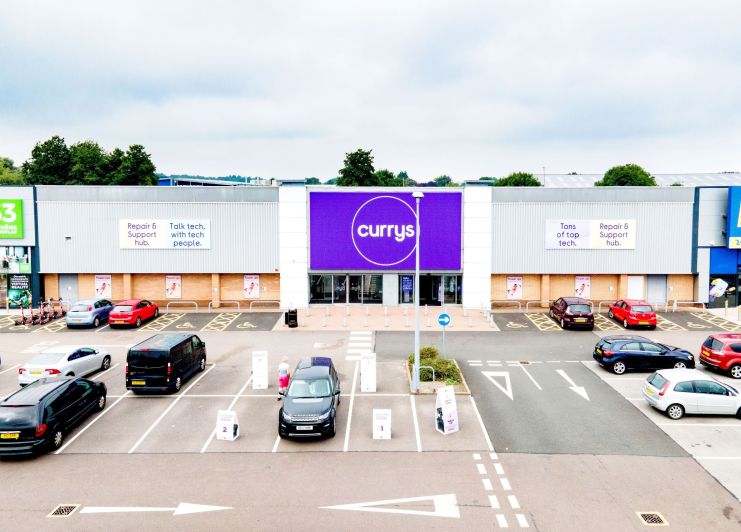Currys: £60m wiped off market cap as share price tanks 12 per cent after retailer pulls dividend

Around £60m has been wiped off Currys’ market cap this morning as its share price tanked over 12 per cent, following the retailer pulling its dividend in wake of poor results.
Currys revealed that it would not be paying its final dividend to shareholders following poor performance, as its Nordic arm weighed down revenue.
The retailer made a profit in its UK arm but struggled to keep up the momentum across other regions, with its full year results showing overall revenues flopped six per cent.
This morning at the open its share price plummeted 12 per cent on news of the dividend being pulled, wiping off around £60m from its market capitalisation.
The electrical retailer reported a 45 per cent hike in adjusted EBIT to £170m, as a number of cost saving initiatives helped off set sales decline, however revenues were also down to £5bn compared to £5.48bn last year.
Its Nordic market struggled the most with revenues down seven per cent to £3.8bn as falling consumer demand was exacerbated by a “general overstocking in the market”.
“This has meant several competitors have heavily discounted products, preventing the pass-through of inflated cost of goods, resulting in lower profits,” the retailer said.
“The year has been mixed. We’ve shown, through our strengthening UK&I results, that our long-term strategy is working and is now delivering improved financial results as well as happier colleagues and customers,” Alex Baldock, group chief executive, said.
“ In the Nordics, our long track record of sales and profit growth was brought to an abrupt halt, but, as previously announced, we have taken decisive action and expect to see profits start to recover.”
“The big frustration for Currys is it has made decent strides in getting its business in the UK and Ireland on track, despite the difficult consumer backdrop putting pressure on sales. Profit in this part of the business was up by an eye-catching 45 per cent as it eked out significant cost savings to compensate for lower volumes,” Russ Mould, AJ Bell investment director, said.
“The bumper loss reported today is a bit misleading as it includes a £511 million accounting charge relating to the 2014 merger of Dixons and Carphone – it’s important to note that this does not represent cash going out of the business.”